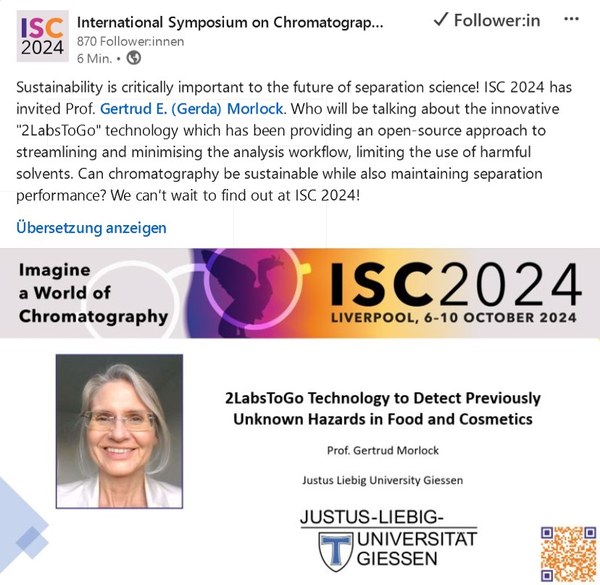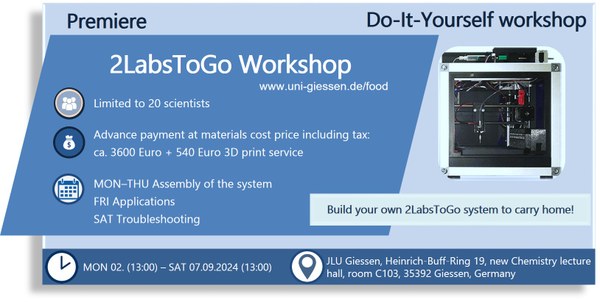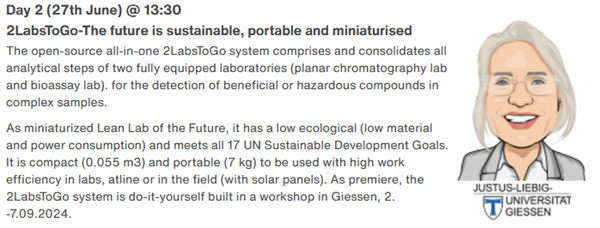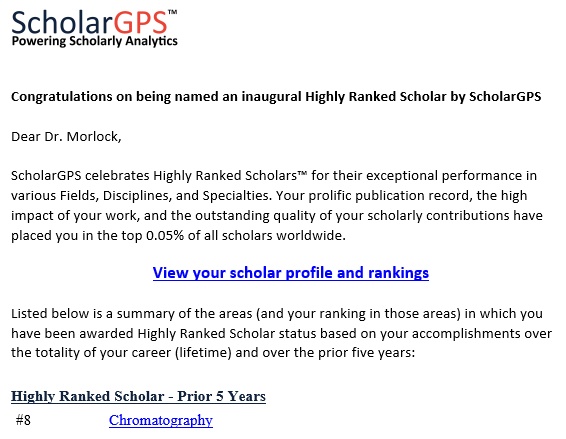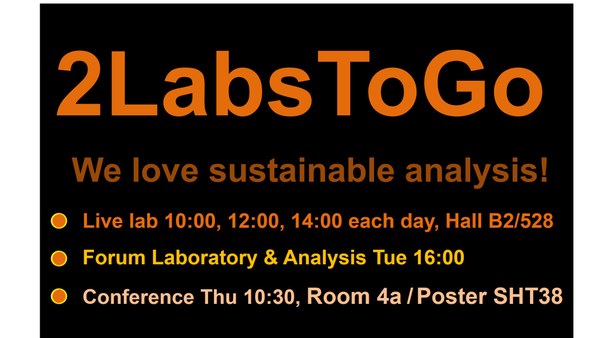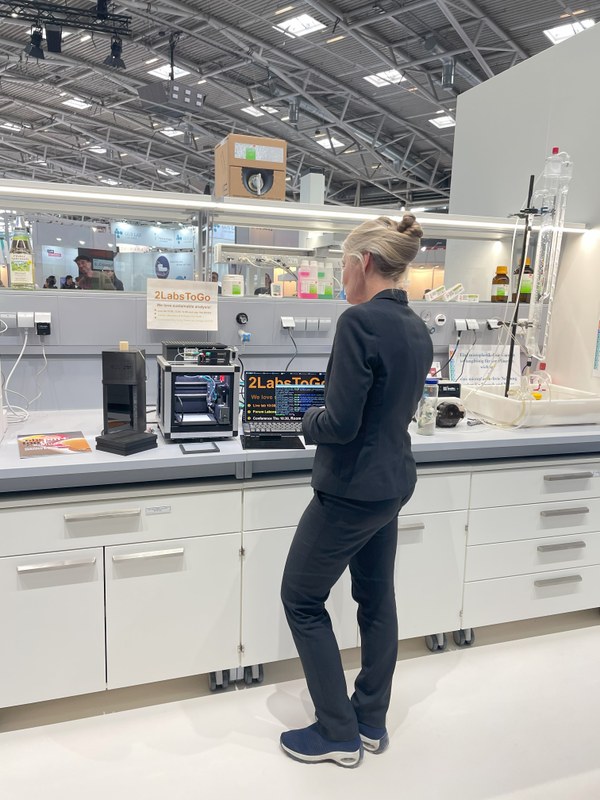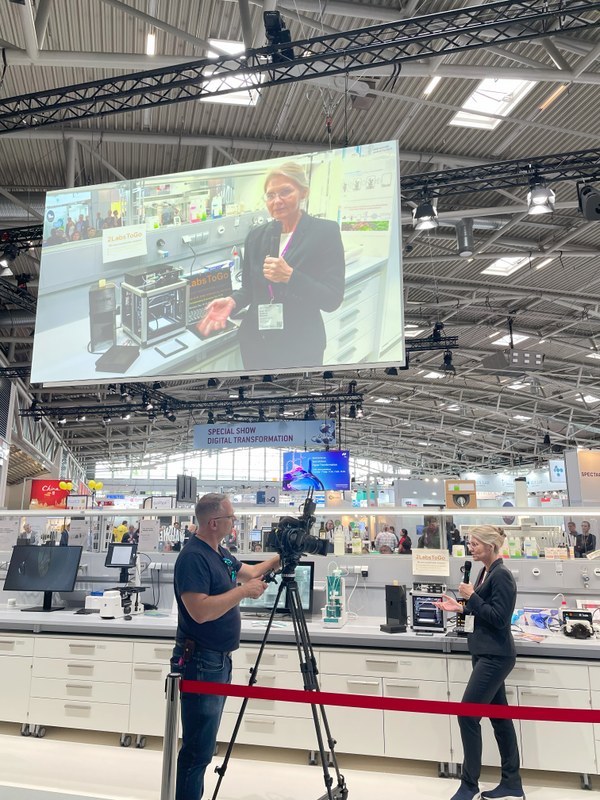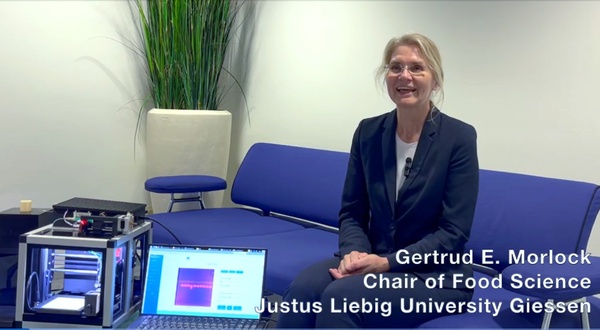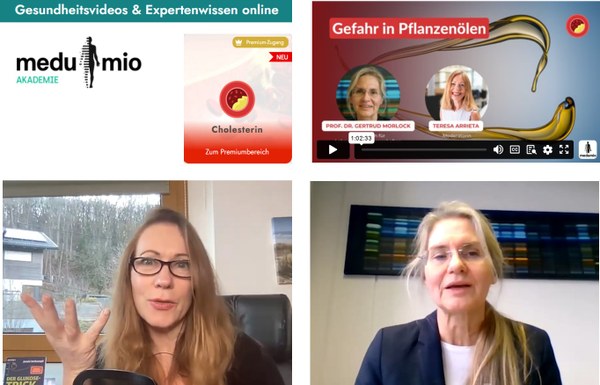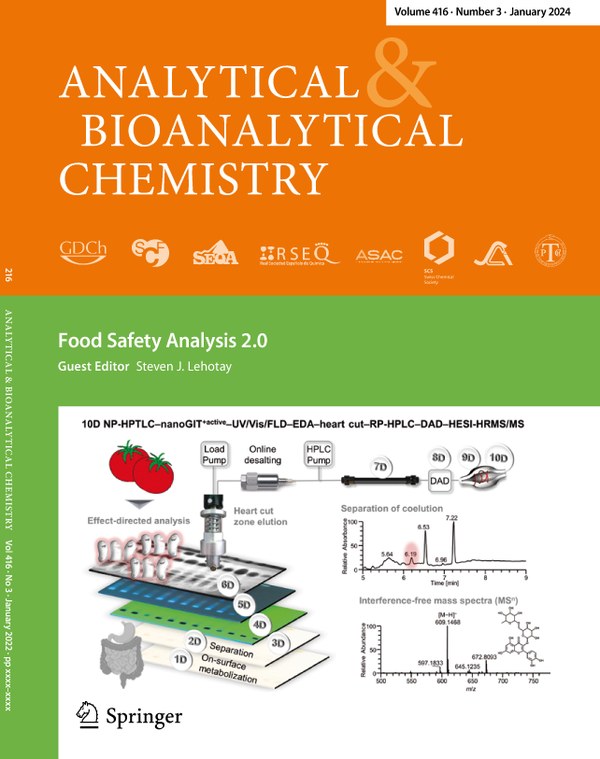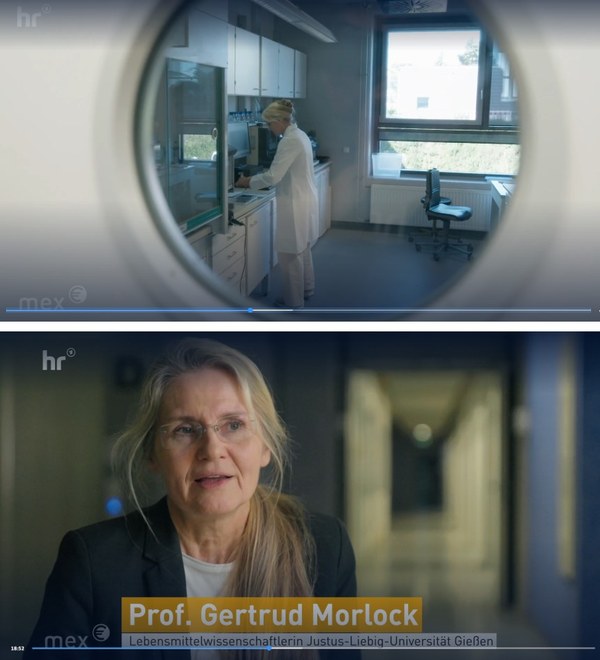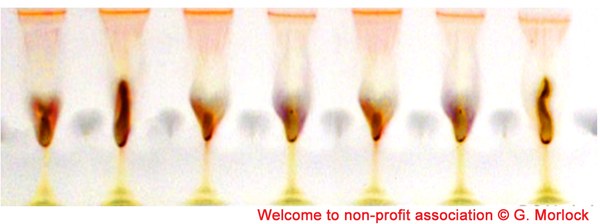Lebensmittelwissenschaften - Food Science - Morlock Lab
- News 2024
-
We are part of nature
We develop highly sustainable systems and methods for analysis of samples to discover and promote the powerful networks of nature. Nature with its forces (earth, wind, fire, water, and love) is much, much, much (infinitely much) stronger than us, so we treat nature with respect. We eagerly explore natural systems to better understand their power.
- Is the better future based on regional natural foods, spices and botanicals produced bio-dynamically respecting nature or on tailored food products mainly based on highly processed powders, formulations and chemicals bought on the global market?
- Are personal care products necessary or is it better to avoid these and let the skin do the job? Avoid washing, rinse-off and cleansing products with many chemicals that dry out the skin and disturb the microflora of the skin.
- Are commodities and packaging really safe or are chemicals leaking or migrating into the products?
- How contamined are environmental samples? How can we avoid to contaminate the environment or waste water? Finally, we can find it in the surface and then drinking water. Prevention and precaution is the target.
A powerful analytical strategy is key to provide proof for proactive decisions.
Personally, you have the power to be part of the change we need. Change management starts at home by setting the own priorities. Start living in harmony and agreement with nature - happiness needs nature and minimalism. Back to the essentials. Be aware of pink bubbles and the art of advertisment, generating artificial personal needs - all professions are eager to do a good job. But nature is more important. Buy less but more truely sustainable (not green-washed) goods - at the end you have the same expenses. Eat less but sustainably produced food - at the end you have the same expenses. In Giessen, we have a marvelous food market on WED and SAT morning, where you can buy saisonal foods from regional farmers (no packaging included).
2LabsToGo - the most sustainable lab of the future
Thanks for the kind advertisement!
International Symposium on HPTLC 2024
Every two years the International Scientific Committee on HPTLC organizes the International Symposium on HPTLC:
Join the HPTLC 2024 to learn more and meet the worldwide HPTLC experts.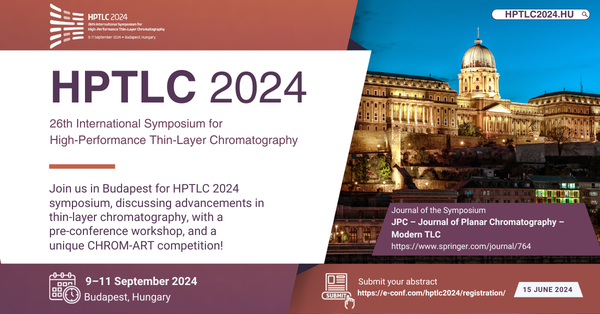
Built your open-source 2LabsToGo system 2.-7.09.2024
The latest system (we will publish soon) has an integrated autosampler, a nebulizer, mini-incubator, UV/Vis/FLD/bioluminescence detection including reflectance and backlight illumination and many further improvements. In advance, we will order (latest bill of materials, payment by installments possible upon request) and 3D print all parts for you. This means you can directly start at the workshop to mount yourself your system, whereby we will guide you. Some reading: Non-target screening of complex samples for hazards.
See also the interview video on 2LabsToGo at Analytica 2024 by Alasdair Matheson of LCGC International, recorded by Caroline Hroncich.Registration as soon as possible (limited to 20 scientists) register here Order Details
Schedule 2LabsToGo (1 h lunch break each; coffee at any time in between):
- MON 13:00-19:00 Assembly day 1
- TUE 08:00-18:30 Assembly day 2
- Wed 08:00-18:30 Assembly day 3
- THU 08:00-18:30 Finalization and operational qualification
- FRI 08:00-18:30 Applications: HPTLC-UV/Vis/FLD analysis of complex samples detected with planar Aliivibrio fischeri and pSOS-Umu-C-Vis/FLD
- SAT 08:00-13:00 Trouble shooting information for self-empowerment to be autarc
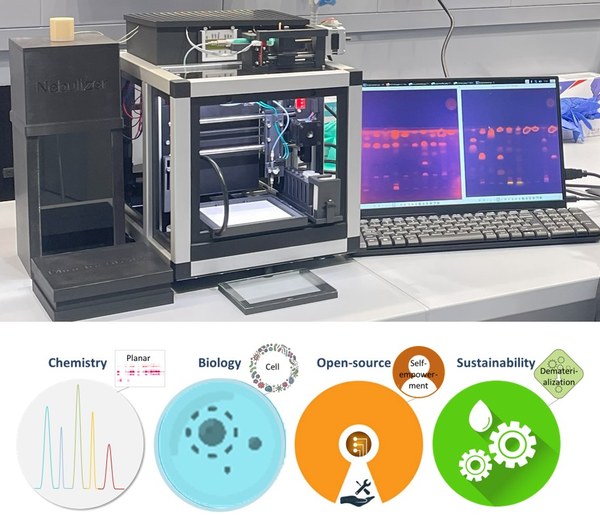
The miniaturised open-source 2LabsToGo system combines the functions of devices in two fully equipped laboratories: it covers all steps of high-performance thin-layer chromatography (chromatography laboratory) and planar bioassay detection (biological assay laboratory). The 2LabsToGo is an open-source all-in-one system that is compact (35 cm x 45 cm x 35 cm) and portable (8 kg). In addition, the system can be optionally equipped with solar panels. This means that the 2LabsToGo can also be used in the field to analyse complex samples. As the Lean Lab of the Future, it has a smaller ecological footprint in terms of material consumption, lower power consumption and significantly lower investment costs compared to two fully equipped laboratories. The do-it-yourself 2LabsToGo (3600 Euro material prize) was developed by us over the last decade. Funding of one PhD position was thankfully obtained via the Bundesamt für Ausrüstung, Informationstechnik und Nutzung der Bundeswehr grant E/U2AD/KA018/IF565 to be used in the container laboratory for food control missions abroad. The non-target biological detection is very helpful to detect any detrimental effects. This latest system is meant to be spread around the world. It also meant for self-empowerment.
Remark: Over two years (2011-2012), I asked (begged) many times the manufacturers of HPTLC devices to get involved in this project and collaborate to develop a low-cost small-scale system, but they refused and replied that I could do it myself. Alone it was the very hard way. It was most difficult to find persons with skills for coding or system engineers. In Germany, such skills are not available on the free market. With huge effort some M.Sc. students were willing, but contributed only 1.3 years on average in this project (poaching market). After the onboarding process, there were only a few months left to make real contributions to the project. To obtain funding was also challenging. We are very grateful that we have persevered under these circumstances. Now it is time to spread the latest system (which fulfills all needs) around the world.
Open-source means useable for everybody!
- open-source 2Labs2Go system (we recommend you to wait for the latest system published in spring 2024)
and OCLab3
- software operation video https://youtu.be/7stxV_-uNGM - on-surface autosampler for liquid chromatography−mass spectrometry
- autoTLC-MS-LC-MS
- in operation www.youtube.com/watch?v=nVx9VL45JSY - open-source automated elution head-based interface
www.youtube.com/watch?v=JEh-BBGdvYI
Open-source software:- quanTLC software for open-source videodensitometry
https://sv09010.ernaehrung.uni-giessen.de/quanTLC - software for chemovariate data analysis
https://sv09010.ernaehrung.uni-giessen.de/rTLC - - signal clustering algorithm
Huraaiiihhhh: It is noticed that 2LabsToGo = sustainability!
The 2LabsToGo won the sustainability photo contest on Instagram organized by the JLU Office of Sustainability! Many thanks to the voters!
Join the Curious 2024 to touch the sustainable 2LabsToGo system
The poster presentation with life demonstration was sucessfull with many interesting talks! Thanks for your interest!

Future Labs Live: the sustainable 2LabsToGo system was fastest to be installed
Meeting of environmental working groups
Fewer emissions means less pollution and less exposure!

Erasmus student stay
Welcome to Gabriela Mazilu from Italy (marked) who is joining our research group for 6 months!
Surprise! Ranks in Chromatography
Listed among the 0.003% (world position #8) highly Ranked Scholars™ in Chromatography.
2LabsToGo at Analytica
- 1,066 exhibitors from 42 countries, around 34,000 visitors from 117 countries
- New record number of participants at the analytica conference in Munich, 9-12 April 2024
- In focus: digitalization and sustainability in the laboratory of the future
Full days at Analytica2024: Three times a day the 1-h Live Lab presentation/moderation (0:26) and an oral presentation every day (Forum, Conference, DGF), a poster presentation and two interviews. Happily, I met my former guest researcher Hanna Nikolaichuk. I asked her if she could present the 2LabsToGo at the Live Lab during my two parallel morning lectures. Of the 12 Live Lab presentations, your two presentations were definitely the coolest! Many, many thanks to Hanna!!!
See also the interview video on 2LabsToGo at Analytica 2024 by Alasdair Matheson of LCGC International, recorded by Caroline Hroncich.
Great interest in our research
I got a call from Guido Deußing saying proudly Thank you because his interview with me in the journal Laborpraxis attracted the most interest by far in 2023 and has done so for years: Genotoxische Verbindungen sicher und effizient in Nahrungsmitteln bestimmen - Gesund ungesund: Erbgutschädigende Pflanzenöle?, Laborpraxis 7-8 (2023) 48-51
Each end of February: Join our course on planar bioassays
The better your (bio)analytical tool, the more you understand. Free of costs for students and members of other universities.
Some reading: Non-target screening of complex samples for hazards
Some videos to watch:
- Estrogen-effective compounds in beer
www.youtube.com/watch?v=Q7AGuljcFvQ&feature=youtu.be - Antibiotics in botanical
www.youtube.com/watch?v=_htlxuKajH0 - A. fischeri bioassay application
https://youtu.be/STg6WiTYhM4 - Steviol glycosides in foods
www.youtube.com/watch?v=gTN6fcTrHGM
We analyze the safety of products
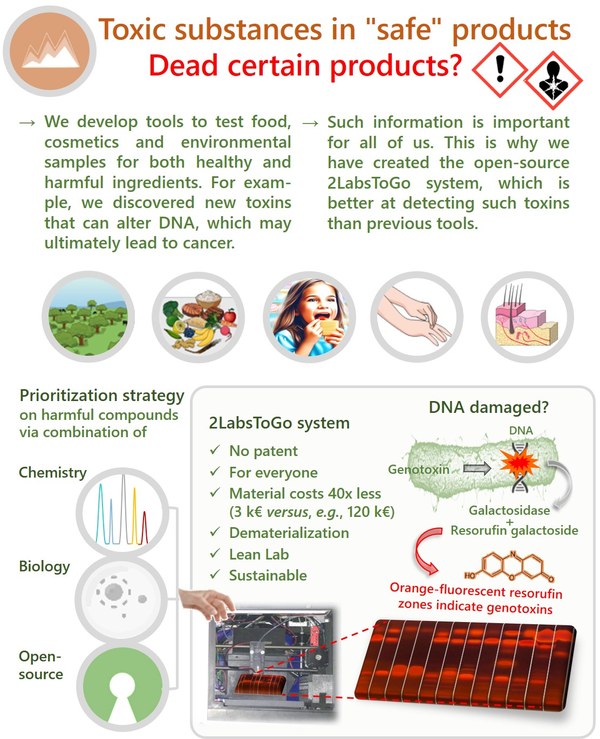
Girl icon was created via Stable Diffusion AI on 30-11-2023
HPTLC chromatograms
Elution as heart-shaped compounds zones made possible by planar chromatography... after 30 years of experience, you know what is important in life and how to obtain chromatography of hearts in HPTLC.

Interview on plant oils
Interview mit Teresa Arrieta (1 h) am 13.2.2024, digital: Gefahr in Pflanzenölen: Warum deine Gesundheit schweren Schaden nehmen kann (Titel wurde nicht von mir so formuliert), Cholesterin Kongress, 9.-18.02.2024, Medumio Gesundheitsakademie
Presentations of doctorial research work
Erfolgreich wurde unsere Forschung auf dem 34. Doktorandenseminar des Arbeitskreises Separation Science vom 8.-10.01.2024 in Hohenroda, Hessen vertreten. Isabel Müller präsentierte "On-surface Untersuchung der Verdauung von Kohlenhydraten und Fetten unter Verwendung von Mund- und Darmenzymen" und Max Haumann "Genotox-Screening von MOSH/MOAH in Schokolade". Sie haben es beide sehr souverän gemeistert - Gratulation!

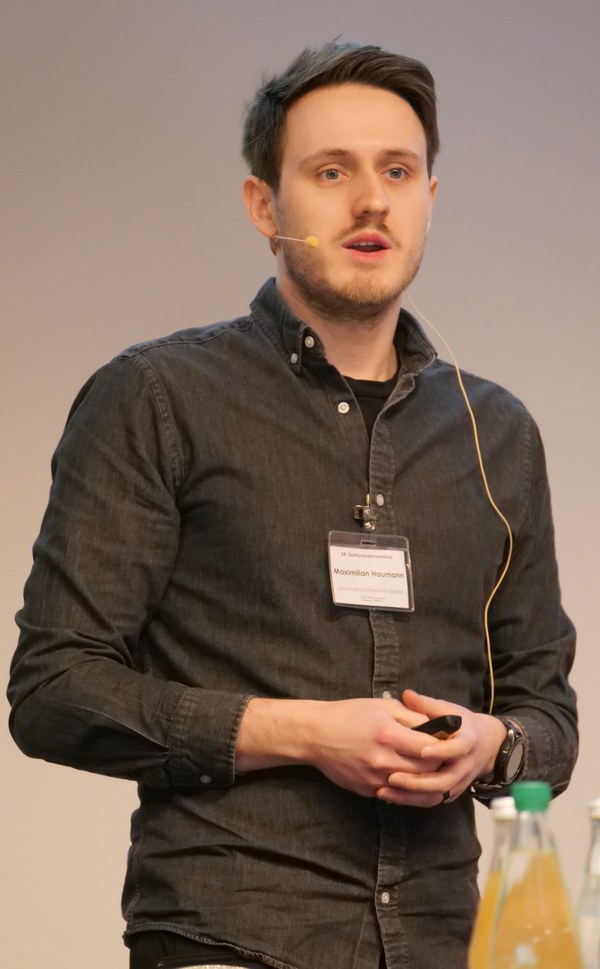
Selected as journal front cover
Thank you for the honor to select our graphical abstract figure as journal front cover (click on cover to increase it)!
Cover image: Tomato products were screened with a ten-dimensional hyphenation with integrated simulated gastrointestinal digestion. Non-digested and digested samples were compared side by side. In their effect-directed profiles, 14 bioactive compounds from classes of lipids, plant hormones, spices, and pesticides were identified. The innovative hyphenation allowed for a non-target proactive food safety analysis. (From: Schreiner, T., Eggerstorfer, N.M. & Morlock, G.E. Towards non-target proactive food safety: identification of active compounds in convenience tomato products by ten-dimensional hyphenation with integrated simulated gastrointestinal digestion. Anal Bioanal Chem (2023). https://doi.org/10.1007/s00216-023-04656-0).
Interview on food
Interview mit Barbara Berner über Bürgerrat Ernährung, ARD, hr, mex. das marktmagazin, 10.01.2024 (18:40-19:00 und 19:20-19:50)
Wenn's alte Jahr erfolgreich war, dann freue dich aufs neue.
Und war es schlecht, ja dann erst recht.
Albert Einstein

